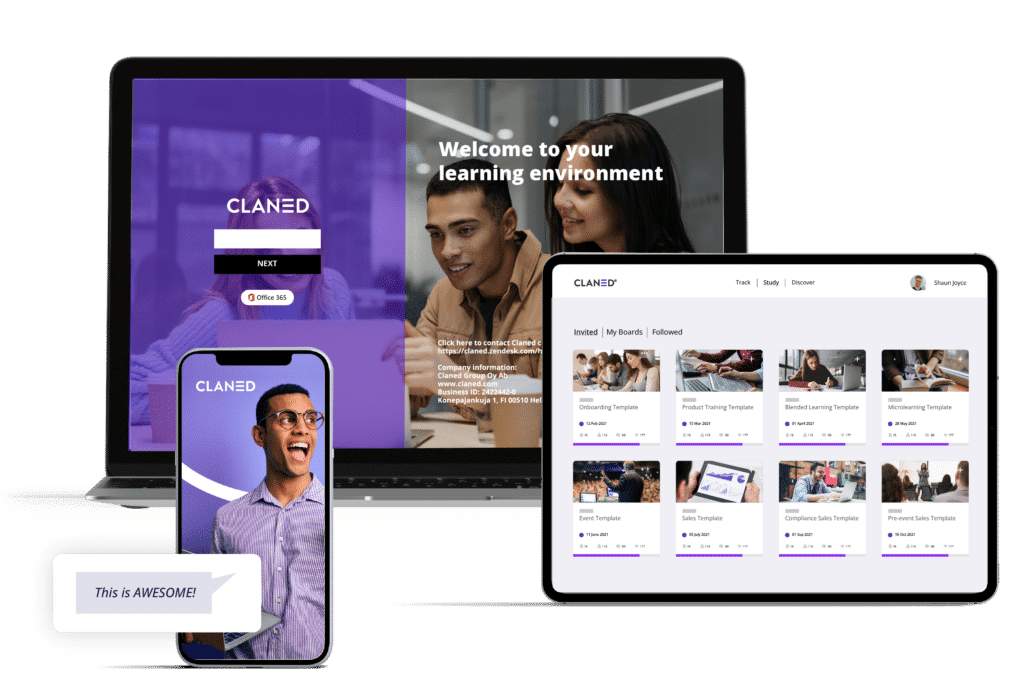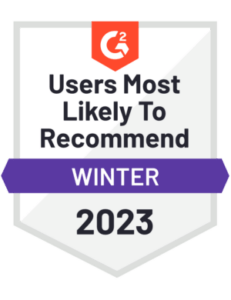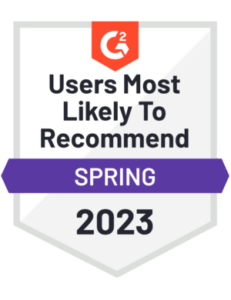If there’s one thing the pandemic made amply clear, it is that without technological adaptation, there is simply no way forward for industries. And yes, that includes management consulting – an industry long known for being labour-intensive and resistant to change.
A major way in which this wave of technological adaptation has hit the management consulting industry is through the digitisation of trainings. Amidst growing competition and ever-changing business models, continued education is an essential component of management consulting.
As a result, various forms of professional trainings such as skill trainings, quality trainings, and upskill or reskill trainings have now been ‘upgraded’ by going online.
But many of these online trainings end up missing a crucial element – the social one.
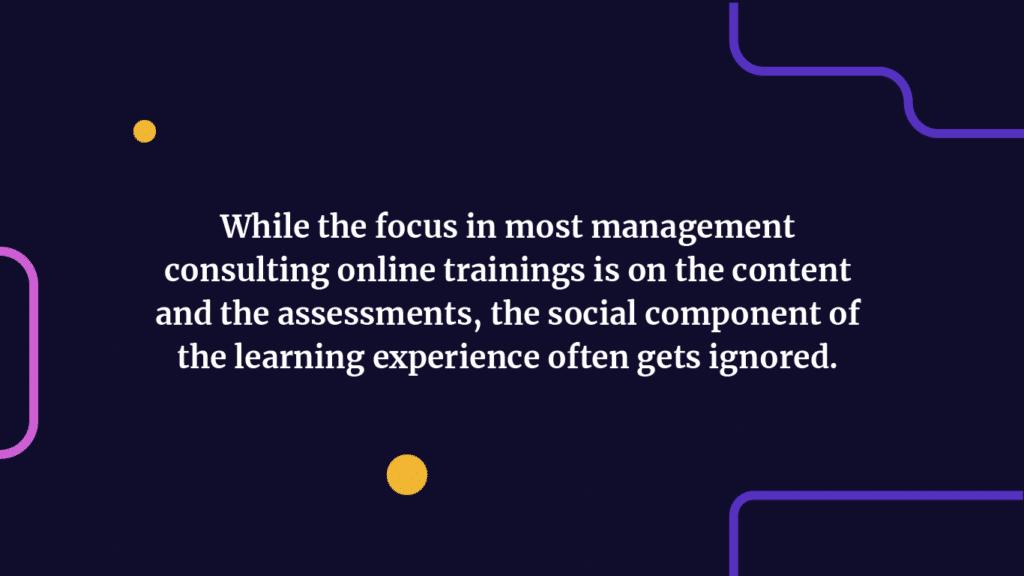
While the focus in most management consulting online trainings is understandably on the content and the assessments, this important component of a learning experience often gets ignored. The incredibly human tendency towards social interaction achieves far more than meets the eye.
Our everyday communications help us share, transfer and acquire knowledge and information. Which, in the context of professional trainings, can be an extremely useful asset to include.
Here at Claned, we know this too well. Which is why the point of pride in our learning experience platform (LXP) is our Social Learning feature.
Why Management Consulting Needs Social Learning
Now we know that management consulting organizations often require regular internal training and up-skilling. This could be learning a brand-new tool, or getting up to date on software used to track and manage clients. And then, of course, there are the usual skill-building courses on communication, negotiation and soft skills development.
Online trainings make this whole process easier than ever. As a management consulting organization, you can offer and organize training materials for your trainees online. You also ensure ease of access, effective management, and the ability for people to take trainings more flexibly, which allows them to balance their learning with other daily obligations.
But one of the main drawbacks of online trainings is the lowered emphasis on peer-to-peer learning and a culture of knowledge sharing.
Many leading management consulting organizations are quick to value a culture of knowledge sharing in their work environments. Interpersonal dynamics lead to quicker and more effective knowledge transfer. But more importantly, it helps companies build a social environment where people aren’t afraid to ask questions and work together to solve problems.
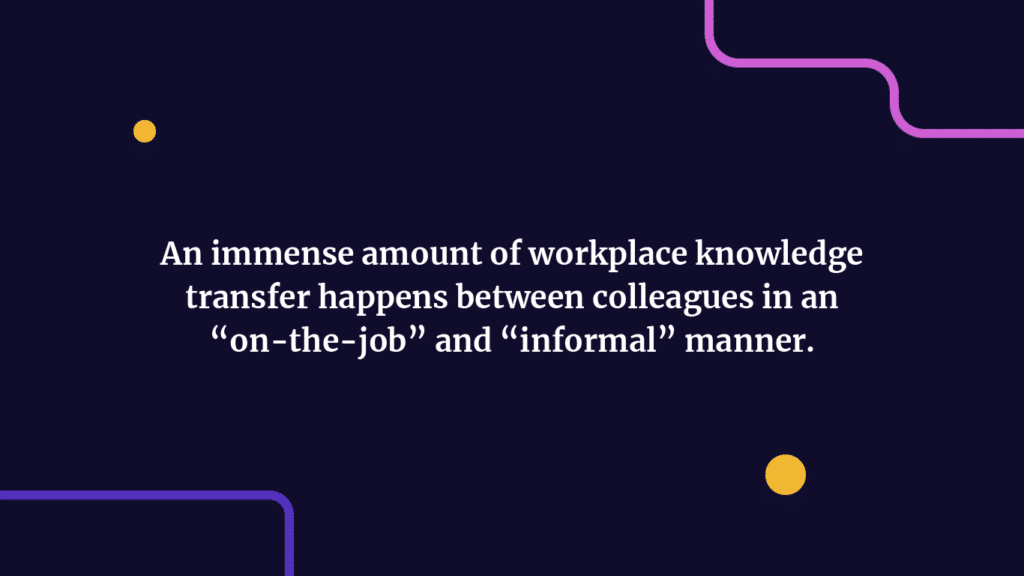
An immense amount of workplace knowledge transfer happens between colleagues in an “on-the-job” and “informal” manner.
Just think back to a time when you’d just started a new job. You probably received an onboarding package with written or video materials explaining your day-to-day operations and tasks.
And while all of this was useful, you probably learned far more by actually speaking to your new colleagues and co-workers, and quickly found out about all sorts of different things. This sort of social behaviour is useful – both for the employee and for the company — and should be encouraged, especially in the management consulting industry.
But in an age of remote working, flexible schedules and fast-paced environments, this is not always possible.
Wouldn’t it be great if our professional trainings could offer the best of both worlds? To combine formal training and learning materials with the informal, spontaneous and experiential learning that happens between peers?
Well, here’s the good news: your management consulting firm can now do just that. You too can make the most of a social learning culture, in an online training setting, simply by choosing the Claned LXP.
How Social Learning Improves Professional Trainings
So what exactly does social learning feel like in an online training experience designed on Claned?
Well, imagine if your management consulting training materials and programs could function like a digital water-cooler. People could share comments, thoughts, insights and experiences as freely as in face-to-face conversations. They could also share important information relating to specific tasks and topics – along with all the content subject matter of the training itself.
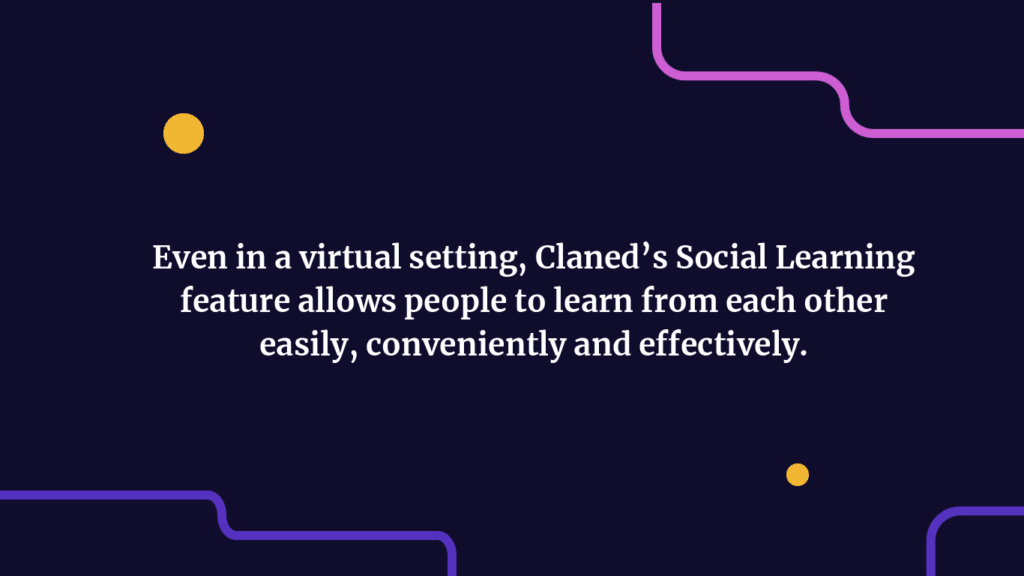
Even in a virtual setting, Claned’s Social Learning feature allows people to learn from each other easily, conveniently and effectively.
This not only expands the knowledge base on a topic to include everyone, but it also saves everyone a whole lot of time. Which means that the IT person no longer needs to go around explaining the same thing to several different people. Instead, the answer or insight is right there on the LXP, along with the official documents for anyone who might need to view it.
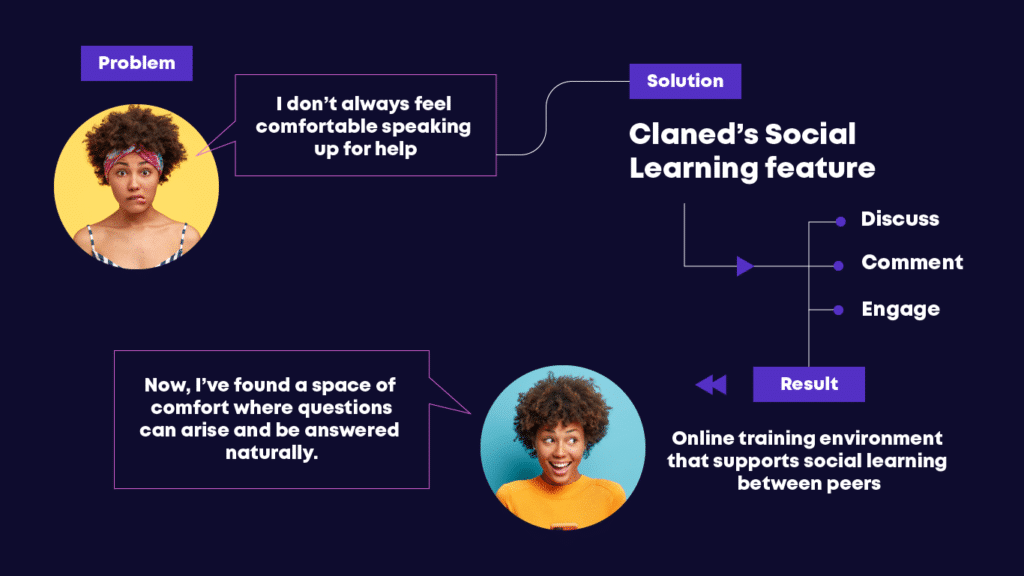
In a long-term timeline, it also allows your management consulting firm to gain key insights into how people learn. With the Social Learning feature, you have the ability to review and document the kinds of discussions commonly being held and the information that is most often being looked for.
What this allows you to do is to strategically plan your online trainings around the exact kind of topics and information that your employees commonly seek. It helps you efficiently recognise and address knowledge gaps and helps your L&D department in identifying what trainings are most needed.
Here’s another big reason to design online trainings with social learning in mind: people don’t always feel comfortable speaking up for help.
Sending a formal email or approaching a colleague directly to ask for guidance or support shouldn’t be intimidating – but often it can be.
This isn’t necessarily a company culture problem. It could be because an employee might worry about appearing overly ignorant feeling “dumb” when they don’t understand something. It could also be as simple as not wanting to “bother” colleagues when they’re in the middle of hectic schedules.
The result of this might be that people never end up asking for help at all.
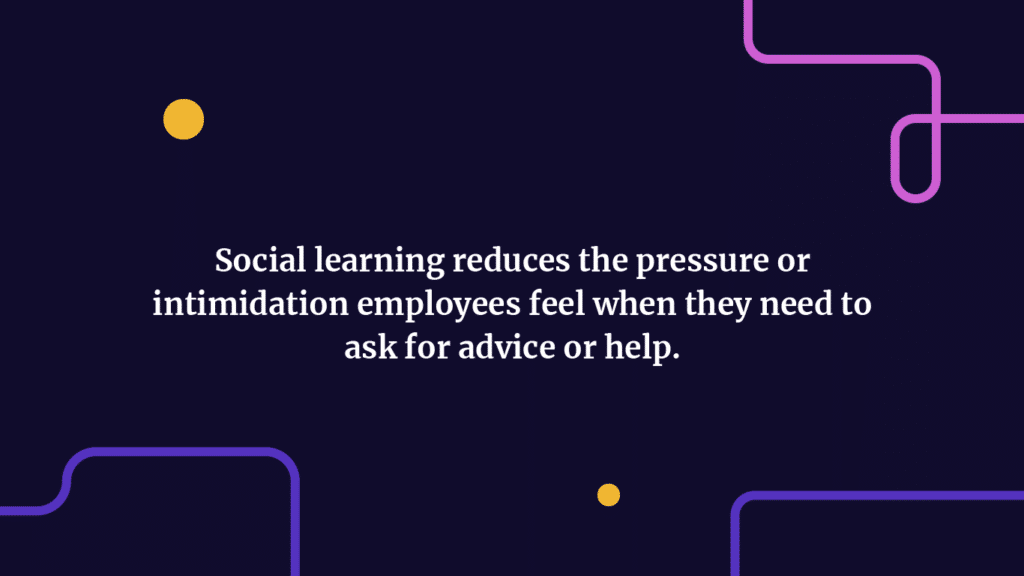
Social learning reduces the pressure or intimidation employees feel when they need to ask for advice or help.
With Claned’s Social Learning feature, learners often comment on, discuss and engage with each other on questions asked not only by the program but by the trainees themselves. When you create an online training environment that supports social learning between peers, you ensure a space of comfort where questions can arise and be answered naturally.
Final Thoughts: A Culture of Sharing Knowledge
In the world of management consulting, online trainings are finally here to stay. And gone are the days when ‘online trainings’ were code for: just convert existing training materials into digital information. Today, trainings need to be much, much more. And most importantly, they need to encourage and ensure the elements of face-to-face trainings that do work: like learning from our peers.
That is why social learning is a crucial element in designing the ideal online training. And having a Social Learning feature built into your LXP is the best way to actually encourage knowledge-sharing opportunities that otherwise may not arise.
Perhaps the best way to think of a social learning environment is like a social network that is dedicated to professional learning and training. A network where in addition to the standard information, resources and documents, there is a social layer where people are able to contribute to the knowledge base. It is a layer where employees can share their experiences and insights, and support and encourage each other to work better and smarter.
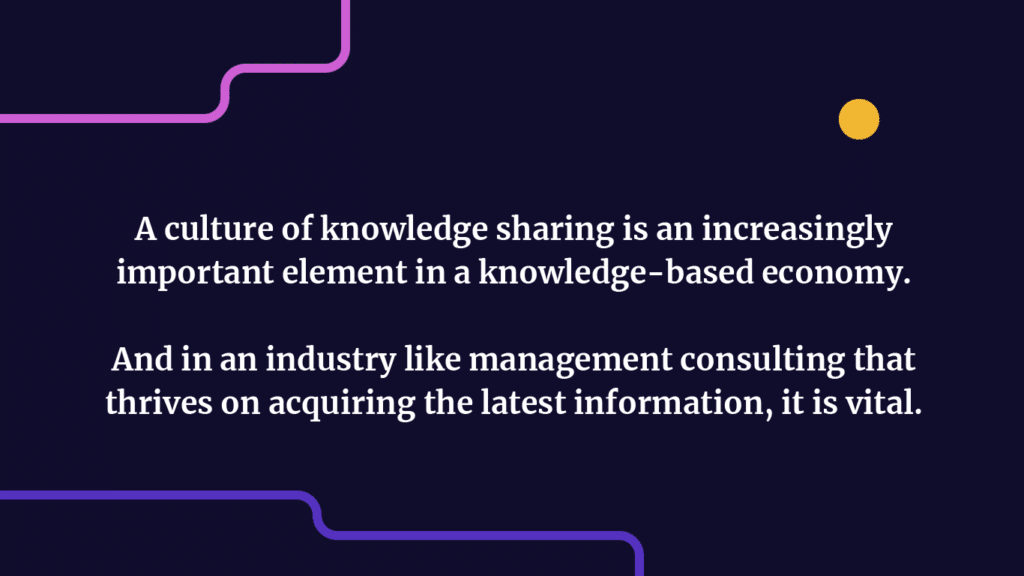
A culture of knowledge and knowledge sharing is an increasingly important element in a knowledge-based economy. And in an industry like management consulting, that thrives on being up-to-date with all the latest trends and information, it is vital.
But for all its significance, a social learning environment isn’t hard to build. Even in an online training setting. Especially in an online training setting.
As long as you have the right insights, tools and goals when you’re setting the training up. And of course, with a lending hand from the Social Learning feature at Claned.
Does your management consulting firm want to design a training program with all the benefits of social learning? Do you want to create a culture of knowledge in your own online training settings?
Book a demo with us today!


